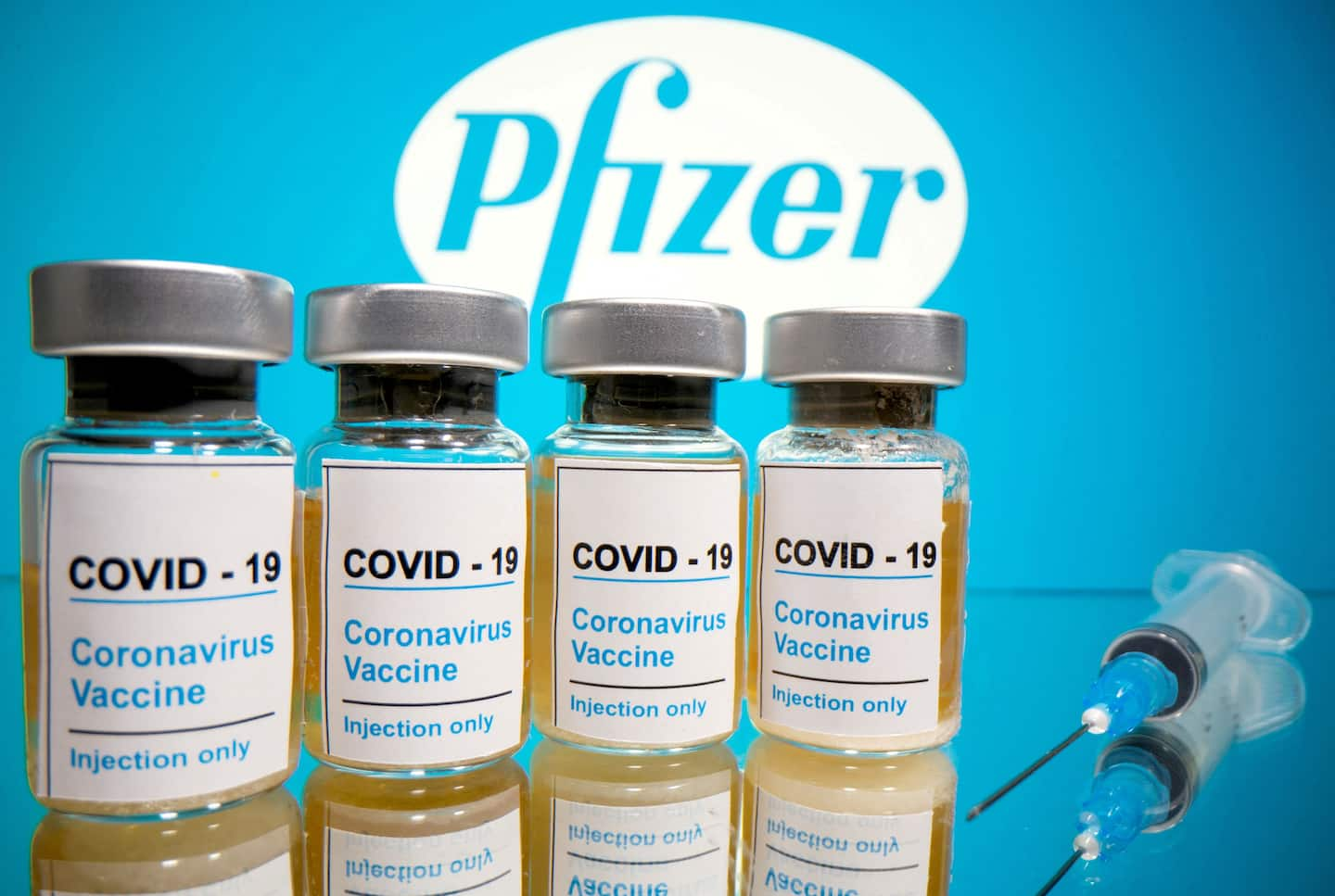U.K. coronavirus vaccine authorization prompts grumbling by countries taking slower approach

Despite concerns that the U.K. emergency authorization could put pressure on regulators in the United States and Europe to speed up their own approval processes, there were no immediate signs of that on Wednesday.
The E.U.’s drug regulator offered cautious criticism of the British move, saying its own process was the “most appropriate regulatory mechanism for use in the current pandemic emergency.”
British supporters of the speedy authorization disagreed, pointing to the U.K. regulator’s reputation as a quick but rigorous institution.
British Health Secretary Matt Hancock on Wednesday argued that Britain’s departure from the E.U. had given the regulator the leeway it needed, striking a tone that hit a sensitive nerve in European capitals with just weeks left to negotiate a Brexit deal.
In reality, Britain is still bound by E.U. medicine rules until the end of the month, meaning that other European countries could similarly issue an emergency authorization without the E.U. drug regulator’s approval.
But the health spokesman for the center-right parties in the European Parliament, Peter Liese, urged E.U. member states to refrain from following the U.K. move.
“I consider this decision to be problematic and recommend that EU Member States do not repeat the process in the same way,” Liese said in a statement. “A few weeks of thorough examination by the European Medicines Agency (EMA) is better than a hasty emergency marketing authorization of a vaccine.”
European leaders avoided direct criticism of the British move on Wednesday, but some noted that they had the same option and had chosen a more careful approach, in part to improve public confidence in the vaccine and encourage as many people to use it as possible.
“It’s important that we do this to help promote trust and confidence in this authorization,” German Health Minister Jens Spahn told reporters as E.U. health ministers met virtually to discuss pandemic measures.
In the United States, several media outlets reported this week that the head of the Food and Drug Administration, Stephen Hahn, was summoned to the White House on Tuesday — before the official U.K. announcement — to explain why emergency use of the most promising vaccine candidates had not yet been approved.
The FDA has defended its actions by emphasizing the importance of safety alongside speed in the push to begin administering a vaccine.
Hahn reiterated Tuesday that “we absolutely have to do this the right way,” but it remained unclear if the U.K. move could have an impact on the FDA’s response in the coming days.
Some European leaders on Wednesday also expressed annoyance at the tone of the British celebration about the vaccine, which was developed by German biotechnology company BioNTech — founded by two children of immigrants to the country — and U.S. pharmaceutical giant Pfizer.
In a tweet, British Business Secretary Alok Sharma had singled out the U.K.’s role in its rollout, writing that the U.K. has “led humanity’s charge against” covid-19 by becoming the first nation to grant emergency authorization to it.
“The UK was the first country to sign a deal with Pfizer/BioNTech — now we will be the first to deploy their vaccine,” he added on Twitter.
Germany’s Ambassador to the U.K. appeared unimpressed. “Why is it so difficult to recognize this important step forward as a great international effort and success,” Andreas Michaelis responded.
“I really don’t think this is a national story., despite the German company BioNTech having made a crucial contribution this is European and transatlantic,” Michaelis added.
German Health Minister Jens Spahn struck a similar tone, saying the very existence of the BioNTech vaccine is thanks to a collective E.U. purchasing effort this summer. British policymakers decided not to take part in the collective procurement effort — a decision that likely led to higher costs for them — because of a political desire to stand alone and promote Brexit, E.U. diplomats have said.
Birnbaum reported from Riga. Mellen reported from Washington.






